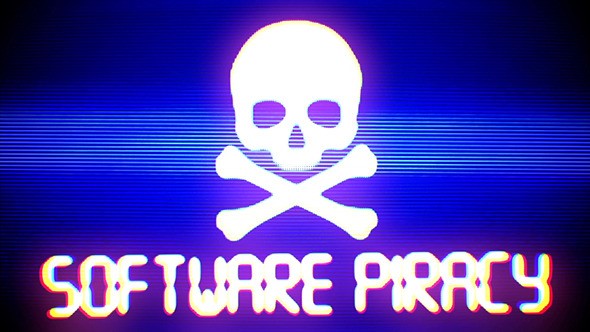What You Should Know
What is software piracy?
Software piracy is the act of stealing software that is legally protected. Stealing can include selling, distributing, modifying or copying software. It is a world-wide issue with a staggering cost of $43.3 billion dollars lost commercially.
Why is it an issue?
Software piracy is an issue that we should all be aware of- as any one of us can inadvertently become involved in this sort of illegal activity.
Who is a software pirate?
You do not need to be a hacker or experienced coder to be a software pirate. Any person with a computer can fall fowl of these laws if they are not aware of them.
The five main types of software piracy:
- Softlifting:
This occurs when someone purchases a single use software program and then downloads it many times over, despite the license stating that it should only be downloaded once. This type of breach occurs most often in businesses and schools with the intention of saving money. This form of software piracy is the most common form.
- Client-server overuse:
This occurs when too many people engage in using a main copy of the program simultaneously. This often occurs when businesses are on a local area network and download the program for all of their staff to use and access. The breach occurs when the licence does not allow for the program to be used multiple times.
- Hard disk loading:
This is a type of commercial software piracy whereby a legal version of the program is purchased and then it is reproduced, copied or installed into computer hard disks. The person then on-sells the product.
- Counterfeiting:
This occurs when software programs are illegally duplicated and sold as authentic products. These counterfeited products are often sold at discounted prices in contrast to legitimate software versions.
- Online piracy:
This is also known as internet piracy. It occurs when illegal software is sold, shared or acquired via the internet.
Legal Consequences
There are significant consequences in relation to software piracy. Whilst the cheaper price associated with pirated software may appear attractive there are serious and expensive legal consequences that need to be considered.
Under the Copyright Act 1968 (Cth) it is an offence to knowingly import, possess, sell, distribute or commercially deal with an infringing copy; sell infringing copies of computer programs; or transmit a computer program to enable it to be copied when received.
The penalties are steep with an individual being liable for up to $117 000, a corporation liable for up to $585 000, and a possible term of imprisonment for up to five years.
Further, to these legal ramifications other significant consequences can be experienced, namely:
- An increased chance that the software will fail or malfunction
- No access to ongoing support such as training, upgrades, customer assistance and bug fixes
- No warranty and no provision for updates to the software
- The possibility of infecting your PC with malware, viruses or adware
- A slower PC
What to do if investigated in relation to software piracy.
In the first instance it is important to keep your personal and business interests and your PC protected by only purchasing licensed products from authorized dealers. Moreover, on purchasing the software ensure that you are aware of the terms and conditions and that you agree to and adhere to all of the guidelines. Ensuring you have an authorized and reputable antivirus protection program installed is also prudent.
If you find that you are under investigation for a possible breach of copyright laws it is important that you seek legal advice.





